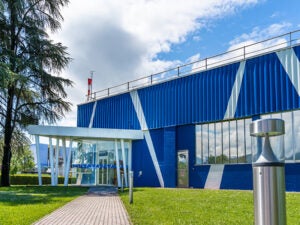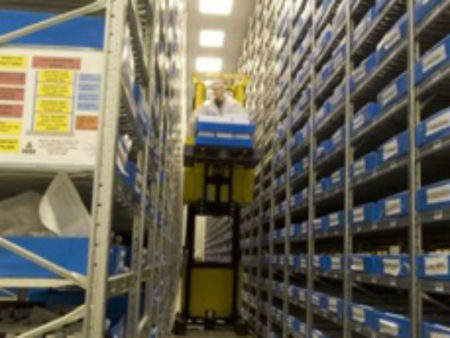Catalent Pharma’s New Biologics Commercial Manufacturing Using Single-Use Technology
Catalent Pharma’s new state-of-the-art biologics manufacturing facility in Madison utilises single-use systems and offers both flexibility and scale to support your growth.
The company offers a broad range of integrated, process development, and analytical services to solve your most difficult development and biologics manufacturing challenges.
Whether you are using a Catalent GPEx® technology-based cell line or your own cell line, we can design a robust production process capable of reliably producing your biologic under a rigorous current good manufacturing practices (cGMP) environment.
All operations from cell line development through commercial manufacturing can be performed in a single facility led by a dedicated project manager. This continuity provides more reliability and peace of mind for your biologics manufacturing.
In addition, Catalent Biologics is expanding capacity at the Madison Wisconsin facility with additional 22,000ft² of space to support late-phase clinical and commercial production.
The new manufacturing suite will house a 2x2000l single-use bioreactor system capable of producing 2000l or 4000l batches and will be available by October 2017.
The new footprint will also support expansion of analytical and process development laboratories to meet future demands.
- Upstream process development in shake flask and bioreactor systems (2l – 10l)
- Downstream process development at the 1mg to 100kg scale
- Scale down and non-cGMP production (up to 250l) in single-use bioreactors
- ambr® system for fast process development/optimisation
- Flexible cGMP production scale from 10l to 4000l
- Co-located analytical laboratory to support method development, in-process, release, and stability testing
- Tailored process development for non-GPEx cell lines
- Extensive use of single use technologies to eliminate cross contamination
- Unidirectional flows throughout facility
- Global Catalent Quality System – inspection performance two times better than industry average
- Proven experience working with a wide variety of molecules, including; antibodies, fusion proteins, antibody fragments, and other complex recombinant proteins







